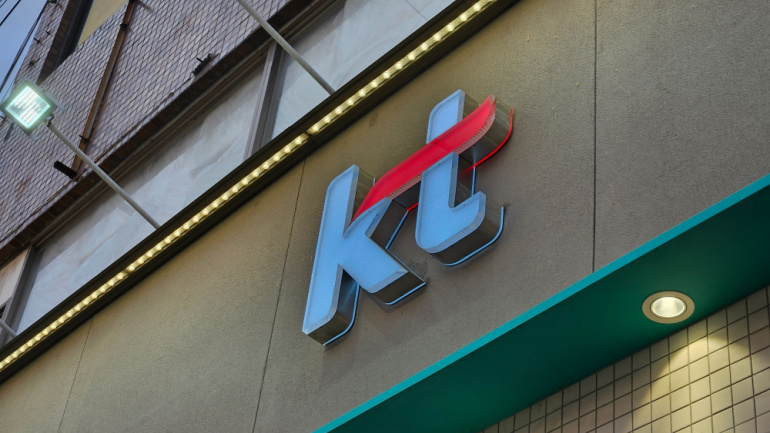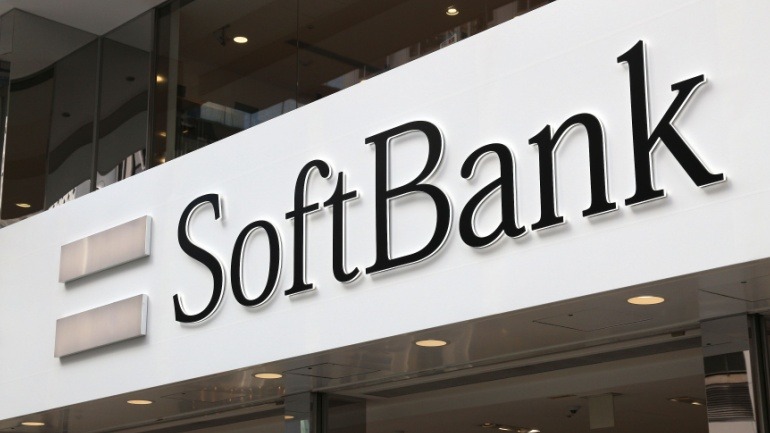South Korean telecommunications company KT Corp has set ambitious goals to generate KRW1 trillion ($773.1 million) from AI-based services by 2025. With plans to invest $5.4 billion in AI business by 2027, it has already seen turnover reach $617.9 million from their existing AI-related services.
One such service is the AI contact center (AICC), which leverages natural language processing to streamline customer care interactions. Earlier this year, KT launched an AI-operated logistics service in partnership with Singtel to offer optimal route-planning for delivery companies utilizing real-time information sources.
To expedite its AI business growth, KT also aims to enhance its presence in the robotics, healthcare, and education sectors. In healthcare, KT plans to introduce AI-generated customized care plans for individuals suffering from chronic conditions, with a focus on remote management. The AI Food Tag, which can detect ingredients in a photo and determine their nutritional content, is another project that highlights KT’s commitment to promoting a healthy lifestyle.
In the field of robotics, KT has created a platform using AI to gather and analyze data from connected robots, allowing for improvements in their operations. The company claims this system can process data from thousands of robots in seconds and manage 60 million data points per day. KT also offers a variety of robots specifically designed for tasks like food service, quarantine monitoring, indoor deliveries, and more.
For the education sector, KT’s AI Future Education Platform boasts automated lesson planning and outcome measurement based on student feedback, providing tailored educational materials.
Song Jae-ho, vice president and head of KT’s AI/DX convergence business division, stated, “We will do our best to raise the level of competitiveness of the AI industry in Korea as a whole, as well as KT’s future growth.”
Interestingly, KT Corp’s announcements show a different approach to AI in comparison to Europe and the US. While the focus lies on ethics and ‘responsible AI’ in Western countries, Korean firms, including rival SK Telecom, take a more pragmatic approach in utilizing AI as a tool to better serve customers and grow their businesses. This distinction underlines the challenges in establishing a global framework for AI regulation, as varying approaches across jurisdictions might lead to the development of AI services without the same level of protection for citizens.







